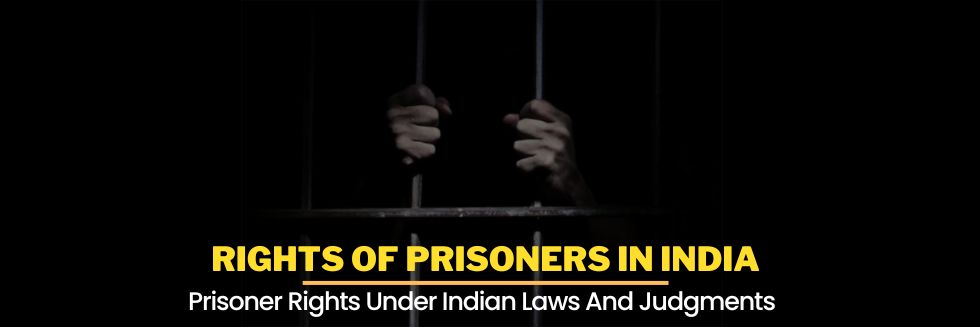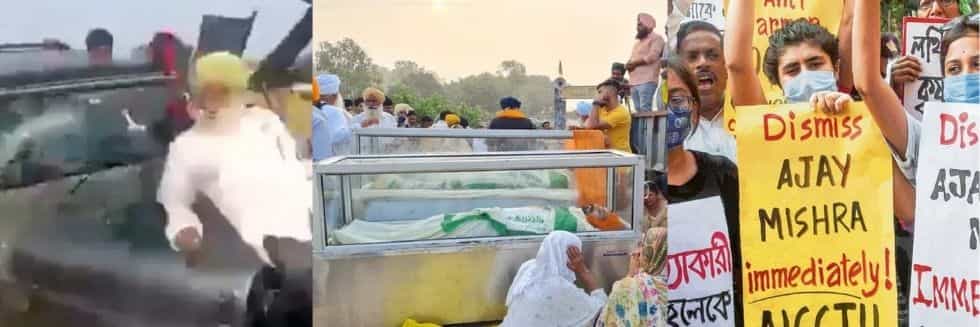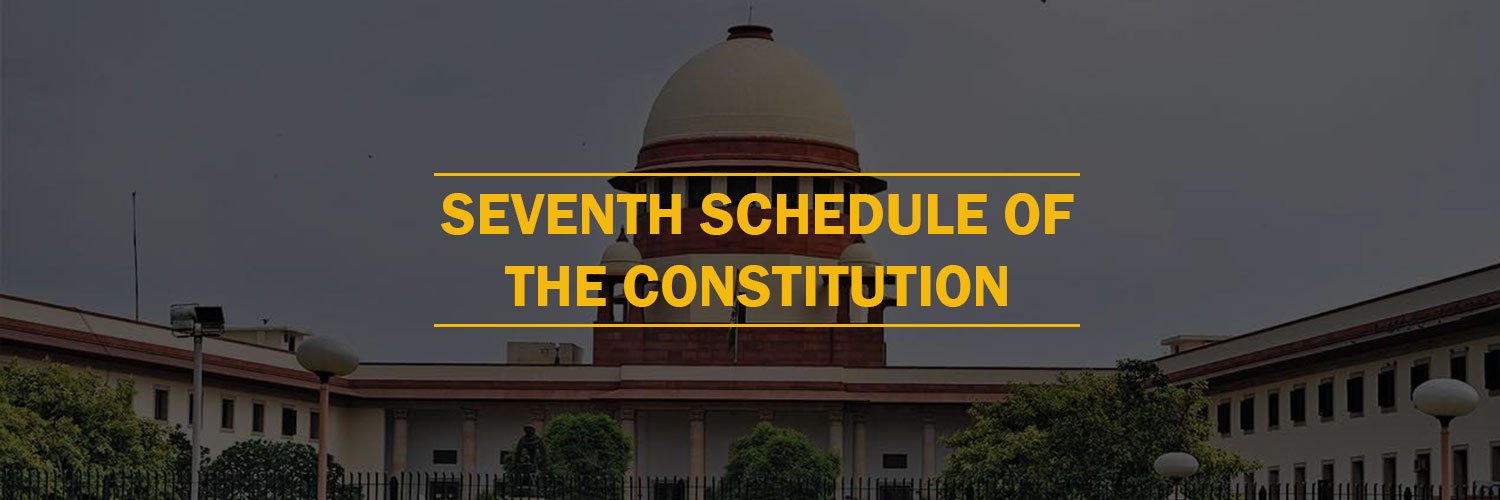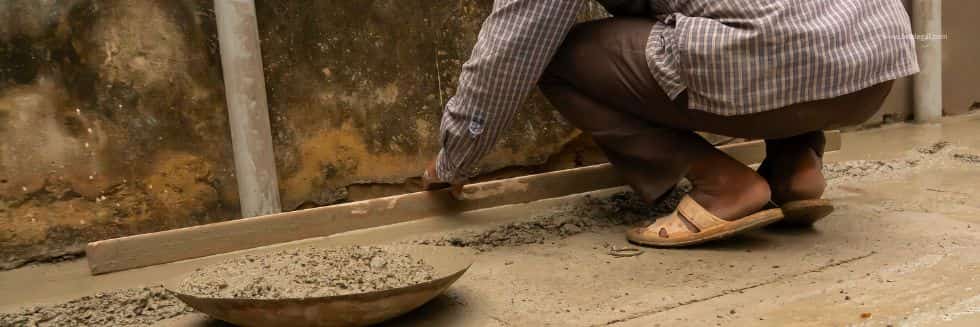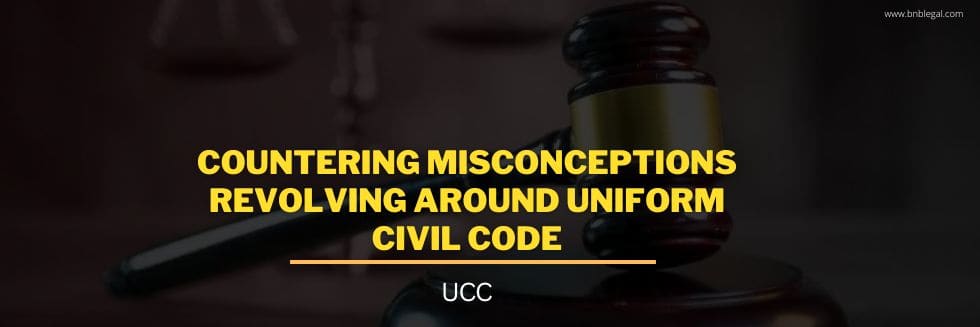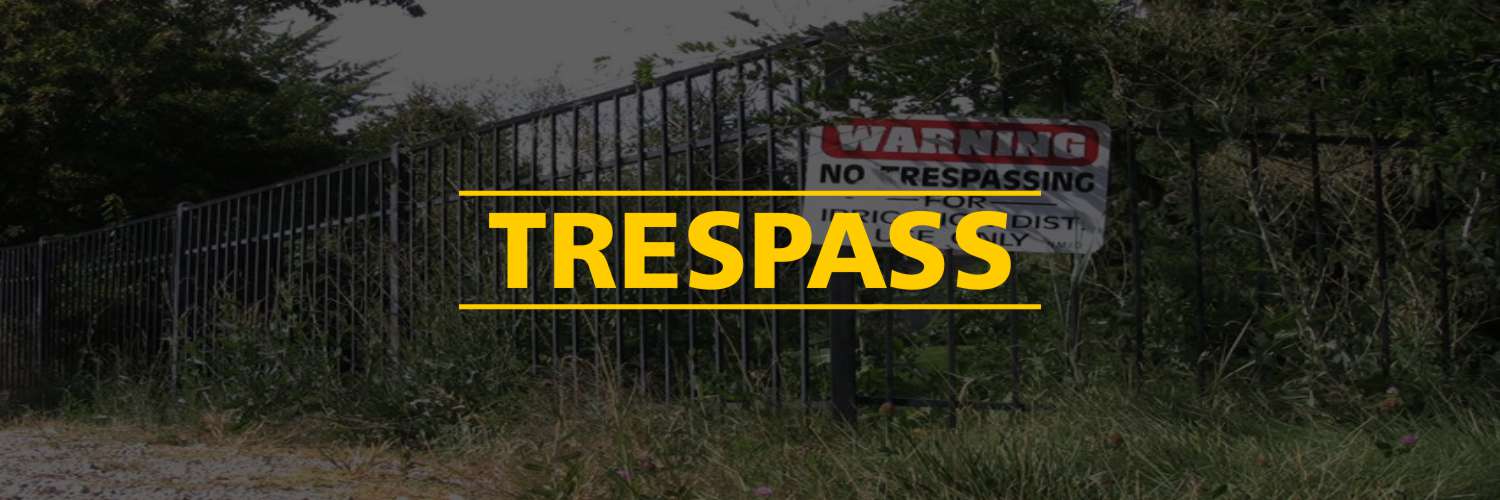Introduction
According to Nelson Mandela, “It is said that no one truly knows a nation until one has been inside its jails. A nation should not be judged by how it treats its highest citizens, but its lowest ones.”
The above lines by Nelson Mandela are indeed true. India is a democratic country and the Constitution of India provides for fundamental rights, which also extend to the prisoners or detainees.
In A.P. Challa Ramkrishna Reddy, AIR 2000 SC 2083, it was held, “a prisoner is entitled to all his fundamental rights unless his liberty has been constitutionally curtailed. The Supreme Court has emphasized that a prisoner, whether a convict, under trial or detenu, does not cease to be a human being and, while lodged in jail, he enjoys all his fundamental rights guaranteed by the Constitution of India including the right to life guaranteed by the Constitution”
State of Maharashtra v. Prabhakar Pandurang Sanzgir, 1986 (1) BomCR 272, the Supreme Court stated that the mere fact that someone is detained cannot deprive one of his fundamental rights and that such conditions are not to be extended to the extent of the deprivation of fundamental rights of the detained individual. The Court further ruled that every prisoner retains all such rights that are enjoyed by free citizens except the one that is lost necessarily as an incident of confinement.
Guidelines Related To Prisoner Rights In India: Shri D.K. Basu, Ashok K. Johri vs State Of West Bengal
The D.K Base case is a landmark case on the rights of prisoners in India. In this case, it was held by the court. This case vehemently laid down guidelines with respect to the rights of arrested persons. The main object behind the guidelines was to bring transparency and accountability. It held,
“We, therefore, consider it appropriate to issue the following requirements to be followed in all cases of arrest or detention till legal provisions are made in that behalf as preventive measures”:
(1) The police personnel carrying out the arrest and handling the interrogation of the arrestee should bear accurate, visible, and clear identification and name tags with their designations. The particulars of all such police personnel who handle the interrogation of the arrestee must be recorded in a register.
(2) That the police officer carrying out the arrest of the arrestee shall prepare a memo of arrest at the time of arrest such memo shall be attested by at least one witness. who may be either a member of the family of the arrestee or a respectable person of the locality from where the arrest is made. It shall also be counter-signed by the arrestee and shall contain the time and date of arrest.
(3) A person who has been arrested or detained and is being held in custody in a police station or interrogation centre or other lock-up, shall be entitled to have one friend or relative or other person known to him or having an interest in his welfare being informed, as soon as practicable, that he has been arrested and is being detained at the particular place unless the attesting witness of the memo of arrest is himself such a friend or a relative of the arrestee.
(4) The time, place of arrest and venue of custody of an arrestee must be notified by the police where the next friend or relative of the arrestee lives outside the district or town through the legal Aid Organisation in the District and the police station of the area concerned telegraphically within a period of 8 to 12 hours after the arrest.
(5) The person arrested must be made aware of this right to have someone informed of his arrest or detention as soon he is put under arrest or detained.
(6) An entry must be made in the diary at the place of detention regarding the arrest of the person which shall also disclose the name of the next friend of the person who has been informed of the arrest and the names and particulars of the police officials in whose custody the arrestee is.
(7) The arrestee should, where he so requests, be also examined at the time of his arrest and major and minor injuries, if any present on his/her body, must be recorded at that time. The “Inspection Memo” must be signed both by the arrestee and the police officer affecting the arrest and its copy provided to the arrestee.
(8) The arrestee should be subjected to a medical examination by a trained doctor every 48 hours during his detention in custody by a doctor on the panel of approved doctors appointed by the Director, Health Services of the concerned State or Union Territory. Director, Health Services should prepare such a penal for all Tehsils and Districts as well.
(9) Copies of all the documents including the memo of arrest, referred to above, should be sent to the Magistrate for his record.
(10) The arrestee may be permitted to meet his lawyer during interrogation, though not throughout the interrogation.
(11) A police control room should be provided at all district and state headquarters, where information regarding the arrest and the place of custody of the arrestee shall be communicated by the officer causing the arrest, within 12 hours of effecting the arrest and at the police control room it should be displayed on a conspicuous notice board.
The United Nations Standard Minimum Rules For The Treatment of Prisoners (Nelson Mandela Rules)
It was adopted by the United Nations General Assembly on 17th December 2015. There is a total of 122 Rules laid down in the Resolution. Some are laid down below:
- All prisoners shall be treated with respect due to their inherent dignity and value as human beings.
- The rules shall be applied impartially, with no discrimination on grounds of race, colour, sex, language, place of birth, etc.
- Prison administration should offer education, vocational training and work, as well as other forms of assistance that are appropriate and available, including those of a remedial, moral, spiritual, social and health and sports-based nature.
- All prisoners with physical, mental or other disabilities have full and effective access to prison life on an equitable basis.
- Different categories of prisoners shall be kept in separate institutions or parts of institutions, taking account of their sex, age, criminal record, the legal reason for their detention and the necessities of their treatment.
- All accommodations provided for the use of prisoners and in particular all sleeping accommodations shall meet all requirements of health.
- The sanitary installations shall be adequate to enable every prisoner to comply with the needs of nature when necessary and in a clean and decent manner.
Rights Of Prisoners Under Constitution Of India
• Article 20 — Protection In Respect Of Conviction For Offences
(1) No person shall be convicted of any offence except for violation of the law in force at the time of the commission of the act charged as an offence, nor be subjected to a penalty greater than that which might have been inflicted under the law in force at the time of the commission of the offence
(2) No person shall be prosecuted and punished for the same offence more than once
(3) No person accused of any offence shall be compelled to be a witness against himself
• Article 21 — Protection Of Life And Personal Liberty
No person shall be deprived of his life and personal liberty except according to procedure established by law.”
“Personal Liberty Under Article 21 is a sacred and cherished right under the Constitution of India. The expression ‘life of personal liberty’ has been held to include the right to live with human dignity and thus it would also include within itself a guarantee against the torture and assault by the state or its functionaries.”- Shri D.K. Basu, Ashok K. Johri vs State Of West Bengal, State Of U.P, AIR 1997SC 610
• Article 22
The relevant parts of the provision are as follows: Protection against arrest and detention in certain cases
(1) No person who is arrested shall be detained in custody without being informed of the grounds of such arrest and he shall not be denied the right to consult and defend himself by a legal practitioner of his choice.
(2) Every person who is arrested and detained in custody shall be produced before the nearest magistrate within a period of twenty-four hours of such arrest…….
(3) Nothing in clauses (1) and (2) shall apply—
(a) to any person who for the time being is an enemy alien; or
(b) to any person who is arrested or detained under any law providing for preventive detention.
(4) No law providing for preventive detention shall authorise the detention of a person for a longer period than three months unless—
(a) an Advisory Board consisting of persons who are, or have been, or are qualified to be appointed as, Judges of a High Court has reported before the expiration of the said period of three months that there is in its opinion sufficient cause for such detention:Provided that nothing in this sub-clause shall authorise the detention of any person beyond the maximum period prescribed by any law made by Parliament under sub-clause (b) of clause (7); or
(b) such person is detained in accordance with the provisions of any law made by Parliament under subclauses (a) and (b) of clause (7).
(5) When any person is detained in pursuance of an order made under any law providing for preventive detention, the authority making the order shall, as soon as may be, communicate to such person the grounds on which the order has been made and shall afford him the earliest opportunity of making a representation against the order.
Rights Of Prisoners Under Code Of Criminal Procedure
• Right to Bail
Section 50 — Person Arrested To Be Informed Of Grounds Of Arrest And Of Right To Bail
(1) Every police officer or other person arresting any person without a warrant shall forthwith communicate to him full particulars of the offence for which he is arrested or other grounds for such arrest.
(2) Where a police officer arrests without warrant any person other than a person accused of a non-bailable offence, he shall inform the person arrested that he is entitled to be released on bail and that he may arrange for sureties on his behalf.
• Right To Be Taken To Magistrate Without Delay
Section 56 — Person Arrested To Be Taken Before Magistrate Of Officer In Charge Of Police Station
A police officer making an arrest without warrant shall, without unnecessary delay and subject to the provisions herein contained as to bail, take or send the person arrested before a Magistrate having jurisdiction in the case, or before the officer in charge of a police station.
• Right To Have Legal Practitioner
Section 41D — Right Of Arrested Person To Meet An Advocate Of His Choice During Interrogation
When any person is arrested and interrogated by the police, he shall be entitled to meet an advocate of his choice during interrogation, though not throughout interrogation.
• Right To Free Legal Aid
Section 304 — Legal Aid To Accused At State Expense In Certain Cases
(1) Where, in a trial before the Court of Session, the accused is not represented by a pleader, and where it appears to the Court that the accused has not sufficient means to engage a pleader, the Court shall assign a pleader for his defence at the expense of the State……….
• Right To Examination By Medical Practitioner
Section 54 — Examination Of Arrested Person By Medical Practitioner At The Request Of The Arrested Person
(1) When a person who is arrested, whether on a charge or otherwise, alleges, at the time when he is produced before a Magistrate or at any time during the period of his detention in custody that the examination of his body will afford evidence which will disprove the commission by him of any offence or which will establish the commission by any other person of any offence against his body, the Magistrate shall, if requested by the arrested person so to do direct the examination of the body of such person by a registered medical practitioner unless the Magistrate considers that the request is made for the purpose of vexation or delay or for defeating the ends of justice.
(2) Where an examination is made under Sub-Section (1), a copy of the report of such examination shall be furnished by the registered medical practitioner to the arrested person or the person nominated by such arrested person.
• Search
Whenever it is necessary to cause a female to be searched, the search shall be made by another female with strict regard to decency.
• Right To Be Present During Trial
Section 273 — Evidence To Be Taken In Presence Of Accused
Except as otherwise expressly provided, all evidence taken in the course of the trial or other proceeding shall be taken in the presence of the accused, or, when his personal attendance is dispensed with, in the presence of his pleader.
• Right To Get Copies Of Documents
Section 208 — Supply Of Copies Of Statements And Documents To Accused In Other Cases Triable By Court Of Session
(i) the statements recorded under section 200 or section 202, of all persons examined by the Magistrate;
(ii) the statements and confessions, if any, recorded under section 161 or section 164;
(iii) any documents produced before the Magistrate on which the prosecution proposes to rely: Provided that if the Magistrate is satisfied that any such document is voluminous, he shall, instead of furnishing the accused with a copy thereof, direct that he will only be allowed to inspect it either personally or through pleader in Court.
• Right To Appeal
Chapter XXIX of the Code provides for the right of Appeal in certain cases
• Right to human treatment
Section 55a — Health And Safety Of Arrested Person
It shall be the duty of the person having custody of an accused to take reasonable care of the health and safety of the accused.
Rights Of Prisoners Under Indian Penal Code
• Section 220 — Commitment For Trial Or Confinement By Person Having Authority Who Knows That He Is Acting Contrary To Law
This section states that whoever, holding any office which empowers him legally to arrest or detain or confine a person, does so with corrupt or malicious intention shall be punished with simple or rigorous imprisonment for a term extending up to seven years, or with fine, or with both.
Prisoner Rights Under Prisons Act, 1894
• Section 4 — Accommodation For Prisoners
The State Government shall provide, for the prisoners in the territories under such Government, accommodation in prisons constructed and regulated in such manner as to comply with the requisitions of this Act in respect of the separation of prisoners.
• Section 24 — Prisoners To Be Examined On Admission
(1) Whenever a prisoner is admitted into prison, he shall be searched, and all weapons and prohibited articles shall be taken from him.
(2) Every criminal prisoner shall also, as soon as possible after admission, be examined under the general or special orders of the Medical Officer, who shall enter or cause to be entered in a book, to be kept by the Jailer, a record of the state of the prisoner’s health, and of any wounds or marks on his person, the class of labour he is fit for if sentenced to rigorous imprisonment, and any observations which the Medical Officer thinks fit to add.
(3) In the case of female prisoners the search and examination shall be carried out by the matron under the general or special orders of the Medical Officer.
• Section 27 — Separation Of Prisoners
This section provides for accommodation of male prisoners, female prisoners, under-age/juvenile prisoners, unconvicted and civil prisoners in separate buildings
• Section 31 — Maintenance Of Certain Prisoners From Private Sources
A civil prisoner or an unconvicted criminal prisoner shall be permitted to maintain himself, and to purchase, or receive from private sources at proper hours, food, clothing, bedding or other necessaries, but subject to examination and to such rules as may be approved by the Inspector General.
• Section 34 — Employment Of Civil Prisoners
(1) Civil prisoners may, with the Superintendent’s permission, work and follow any trade or profession…….
• Section 37 — Sick Prisoners
This section provides for the proper care of sick prisoners.
Case Laws Related To Prisoner Rights
• Satendar Kumar Antil vs. Central Bureau of Investigation, Civil Appeal No. 7598 of 2021
This case put emphasis on the report of the National Police Commission of India. It held,
“The Third Report of the National Police Commission in India expressed its deep concern with custodial demoralising effect with custodial torture was creating on the society as a whole. It made some very useful suggestions. It suggested :
An arrest during the investigation of a cognizable case may be considered justified in one or other of the following circumstances :-
(1) The case involves a grave offence like murder, dacoity, robbery, rape, etc., and it is necessary to arrest the accused and bring his movements under restraint to infuse confidence among the terror-stricken victims.
(ii) The accused is likely to abscond and evade the processes of law.
(iii) The accused is given to violent behaviour and is likely to commit further offences unless his movements are brought under restraint.
(iv) The accused is a habitual offender and unless kept in custody he is likely to commit similar offences again. It would be desirable to insist through departmental instructions that a police officer making an arrest should also record in the case diary the reasons for making the arrest, thereby clarifying his conformity to the specified guidelines.”
• Joginder Kumar Vs. State [1994 (4) SCC, 260]
“No arrest can be made because it is lawful for the police officer to do so. The existence of the power of arrest is one thing. The justification for the exercise of it is quite another…No. arrest should be made without a reasonable satisfaction reached after some investigation about the genuineness and bonafides of a complaint and a reasonable belief both as to the person’s complicity and even so as to the need to effect the arrest. Denying a person his liberty is a serious matter.”
• Neelabati Bahera Vs. State of Orissa [1993 (2) SCC, 746]
“It is axiomatic that convicts, prisoners or undertrials are not denuded of their fundamental rights under Article 21 and it is only such restrictions, as are permitted by law, which can be imposed on the enjoyment of the fundamental right by such persons. It is an obligation of the State to ensure that there is no infringement of the indefeasible rights of a citizen of life, except in accordance with law, while the citizen is in its custody. The precious right guaranteed by Article 21 of the constitution of India cannot be denied to convicts, undertrials or other prisoners in custody, except according to procedure established by law. There is a great responsibility on the police or prison authorities to ensure that the citizen in its custody is not deprived of his right to life. His liberty is in the very nature of things circumscribed by the very fact of his confinement and therefore his interest in the limited liberty left to him is rather precious.”
• Charles Shobraj v. Superintendent, Tihar Jail AIR, 1978 S.C. 1514
“Except for the fact that the compulsion to live in a prison requires by its own force the lack of certain rights, like the right to move freely or to practice a profession of one’s choice, a prisoner is otherwise eligible to the basic freedoms guaranteed by the Constitution.
• A.k. Gopalan v. Union Of India..AIR 1950 SC 27
“the ambit of personal liberty by Article 21 of the Constitution is wide and complete. It includes both substantive rights to Personal Liberty and the procedure prescribed for their deprivation…Article 21 of the Constitution of India includes the concept of a speedy trial which is offered under the right to life.”
• Sheela Barse v. State of Maharashtra AIR 1983 SC 378
“the legal assistance to a poor or accused, arrested and put in danger of his life or personal liberty, is a constitutional requirement not only by Article 39 A but also by Articles 14 and Article 21 of the Constitution of India.”
• Francis Coralie Mullin vs The Administrator, Union Territory of Delhi and Ors. 1981 AIR 746
“The right of a detenu to consult a legal adviser of his choice for any purpose not necessarily limited to defence in a criminal proceeding but also for securing release from preventive detention of filing a writ petition or prosecuting any claim or proceeding, civil or criminal, is obviously included in the right to live with human dignity and is also part of personal liberty and the detenu cannot be deprived of this right nor can this right of the detenu be interfered with except in accordance with the reasonable, fair and just procedure established by a valid law. A prison regulation may, therefore, regulate the right of a detenu to have an interview with a legal adviser in a manner which is reasonable, fair and just but it cannot prescribe an arbitrary or unreasonable procedure for regulating such an interview and if it does so, it would be violative of Articles 14 and 21.” Narcotics and other such techniques are used on prisoners.
• Smt. Selvi and Ors. v. State of Karnataka and Anr. Criminal Appeal 1267 of; 2004 2010(7) SCC 263
“In our considered opinion, the compulsory administration of the impugned techniques violates the ‘right against self-incrimination’. This is because the underlying rationale of the said right is to ensure the reliability as well as voluntariness of statements that are admitted as evidence. This Court has recognised that the protective scope of Article 20(3) extends to the investigative stage in criminal cases and when read with Section 161(2) of the Code of Criminal Procedure, 1973 it protects accused persons, suspects as well as witnesses who are examined during an investigation. The test results cannot be admitted in evidence if they have been obtained through the use of compulsion. Article 20(3) protects an individual’s choice between speaking and remaining silent, irrespective of whether the subsequent testimony proves to be inculpatory or exculpatory. Article 20(3) aims to prevent the forcible conveyance of personal knowledge that is relevant to the facts in the issue. The results obtained from each of the impugned tests bear a `testimonial’ character and they cannot be categorised as material evidence.”
Conclusion
Imprisonment is a form of reformative measure that was introduced to reform criminals because it has always been believed by the lawmakers of our country that no matter what crime a person has committed, he can always be reformed. India should and its administrative personnel should stick by this principle and use imprisonment to reform the criminals. As has been mentioned in a plethora of cases, a prisoner is also a person and basic fundamental rights, except few, should not be taken away from them.
This article is written and submitted by Varsha Kumari Mishra during her course of internship at B&B Associates LLP. Varsha is a law student from Law College Dehradun, Uttaranchal University.
